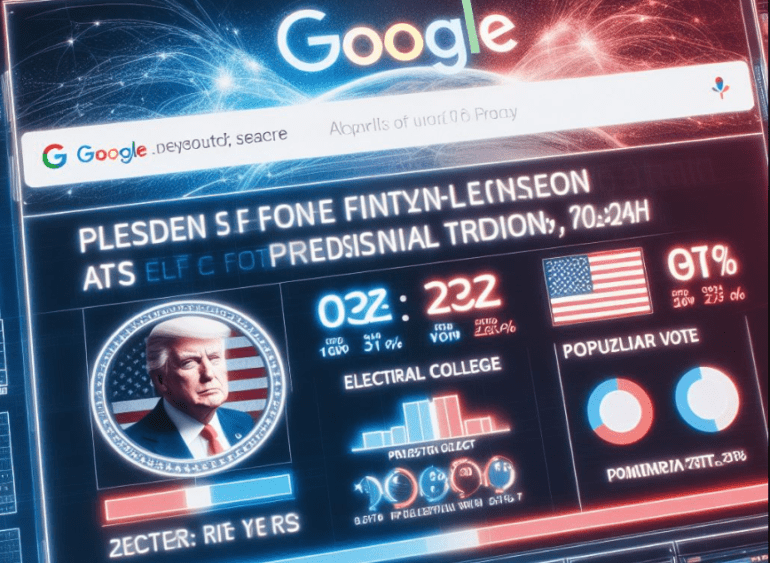TL;DR:
- Google plans to restrict certain election-related queries for its chatbot Bard and search generative experience ahead of the 2024 US Presidential election.
- These restrictions will be in effect by early 2024, coinciding with pivotal global elections, including those in India and South Africa.
- Google emphasizes the role of artificial intelligence (AI) in serving voters and campaigns for these elections.
- Meta (Facebook’s parent company) has also prohibited political campaigns and regulated industries from using its new generative AI advertising products.
- Meta requires advertisers to disclose the use of AI or digital methods in altering political and election-related ads.
- In contrast, Elon Musk’s platform X now allows political advertising in the US and is expanding its safety and elections team.
- X had previously banned political ads globally since 2019.
- Governments globally are taking steps to regulate AI and ensure transparency in political advertising on tech platforms.
Main AI News:
Alphabet’s Google, in preparation for the 2024 US Presidential election and other pivotal global polls, is making strategic adjustments to its AI-driven search capabilities. These alterations, set to be implemented by early 2024, will primarily target election-related queries handled by their chatbot Bard and their search generative experience.
The forthcoming year, 2024, heralds a series of momentous elections, not only in the United States but also in nations like India, renowned as the world’s most extensive democracy, and South Africa, among others. In response to this electoral panorama, Alphabet’s Google is directing heightened attention toward the role of artificial intelligence (AI) in catering to the needs of voters and electoral campaigns.
Meta, the parent company of Facebook, has already taken strides in a similar direction. In November, Meta announced a policy barring political campaigns and advertisers from regulated sectors from utilizing their cutting-edge generative AI advertising products. Additionally, Meta mandates that advertisers disclose the utilization of AI or other digital methodologies in the creation or modification of political, social, or election-related advertisements on Facebook and Instagram.
In stark contrast, Elon Musk’s social media platform, X, currently under scrutiny by the European Union, made a significant pivot in August by permitting political advertising in the United States, courtesy of candidates and political parties. This shift in policy coincides with X’s expansion of its safety and elections team, aligning with preparations for the impending US election. Notably, X had imposed a global ban on political ads since 2019, marking a substantial departure from its prior stance.
Governments worldwide are taking decisive action to regulate AI, recognizing its potential to perpetuate the dissemination of misinformation. To this end, the European Union is poised to introduce new rules that compel major tech firms to transparently label political advertising on their platforms, specify the source of funding, disclose expenditure amounts, and identify the targeted elections—a critical step in fostering accountability and integrity in the realm of digital political communication.
Conclusion:
The evolving landscape of AI-driven election-related queries, with Google and Meta’s proactive measures, underscores the increasing scrutiny and regulation of technology in political communication. Market players need to adapt to these changing dynamics and align their strategies with emerging AI-related policies and practices to maintain relevance and trust in the political advertising space.

